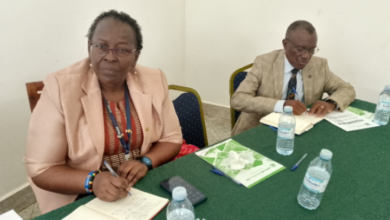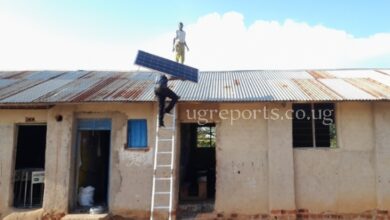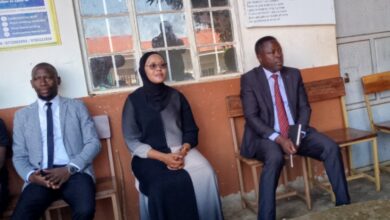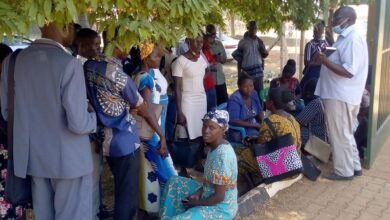West Nile Queen advocates for systemic interventions after Nebbi senior student gives birth in dormitory
In a compelling address, Queen Alobo spotlighted the prevalence of undisclosed pregnancies in academic settings, posing the question,
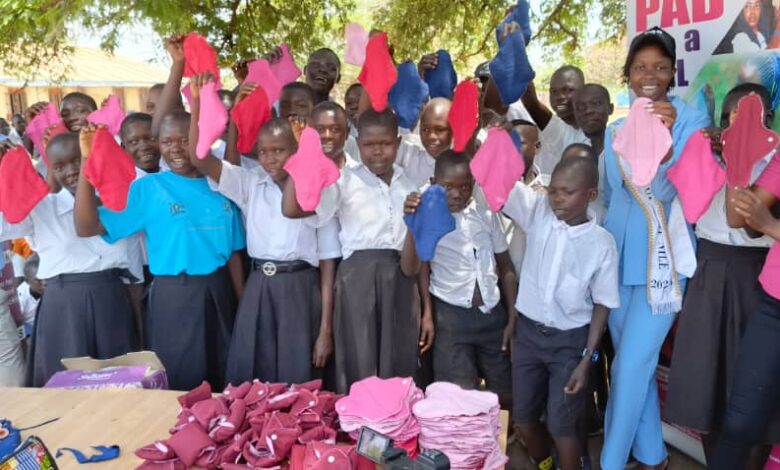
Nebbi: A startling case at Mamba Secondary School, where an 18-year-old Senior Two learner gave birth to a healthy female infant in the school dormitory on April 1, 2025, has ignited concern and prompted a robust call to action from Queen Alobo Janet Patricia, Miss West Nile 2024/25.
This incident has laid bare a critical public health and educational challenge adolescent pregnancy within learning institutions raising urgent questions about the adequacy of sexual and reproductive health (SRH) education and the availability of student wellness resources.
In a compelling address, Queen Alobo spotlighted the prevalence of undisclosed pregnancies in academic settings, posing the question,
“How many educational institutions are quietly managing such cases without intervention?”
She framed the Nebbi incident as a clarion call, noting that while the adolescent mother and her newborn are now receiving postnatal care, the event reflects a systemic lapse in safeguarding learners’ health and academic trajectories.
“Educational environments are designed to foster cognitive and social development, yet many female learners face barriers that compromise their academic attainment and well-being,” she stated.
The Queen underscored the profound health and educational consequences of adolescent pregnancy, including elevated school dropout rates, maternal health complications such as obstetric fistula, and psychological distress exacerbated by social stigma.
She further highlighted a disturbing pattern of neonatal abandonment by young mothers, attributing it to inadequate psychosocial support and societal judgment.
“Our female learners are enduring silent burdens while perpetrators evade accountability this is a breach of equity and justice,” she asserted.
Citing the Uganda Bureau of Statistics (UBOS) 2021 report, approximately 28% of girls in rural regions discontinue their education, often due to socioeconomic determinants like poverty, early marriage, and insufficient access to menstrual hygiene resources.
Queen Alobo advocated for a multi-sectoral approach, engaging parents, educators, policymakers, and law enforcement to tackle upstream factors such as gender-based violence, statutory rape (defilement), and period poverty.
She pressed for stronger enforcement of legal protections and emphasized the integration of comprehensive education and menstrual health equity into school curricula to bolster retention rates.
“Even adolescent mothers should have equitable access to educational continuity,” she argued, championing an inclusive framework that dismantles stigma and promotes empowerment.
The Queen mobilized support for the upcoming Arua City “Pad A Girl” Run on May 11, 2025, a community-driven initiative targeting period poverty, adolescent pregnancy, and school attrition.
“This is a movement for menstrual health literacy, educational persistence, and a vision where every girl achieves her potential,” she declared, encouraging collective action to ensure no learner is marginalized.
Local stakeholders and Mamba Secondary School’s headteacher, Albert Cekecan, voiced alarm over the incident, which occurred shortly after the learner’s transfer from Colleen Secondary School.
Details remain ambiguous regarding whether the delivery was unassisted or supported by peers.
The Nebbi community is grappling with the fallout, amplifying demands for systemic reforms to safeguard and uplift adolescent girls across West Nile.
In 2022, the Ugandan government rolled out guidelines for managing pregnancy in educational settings. These policies mandate that schools establish a subcommittee under the School Health Committee to oversee the retention of pregnant learners and support the reintegration of adolescent mothers into formal education.
The directives also require termly pregnancy screenings for female learners, adhering to a structured schedule.
However, the 2022 policy, intended to offer pregnant learners a pathway to resume their education, encountered resistance from religious leaders who challenged its implementation, highlighting tensions between health equity goals and cultural norms.
Do you have an advertisement or article you want to publish? Mail us at theugreports@gmail.com or WhatsApp +256757022363.


